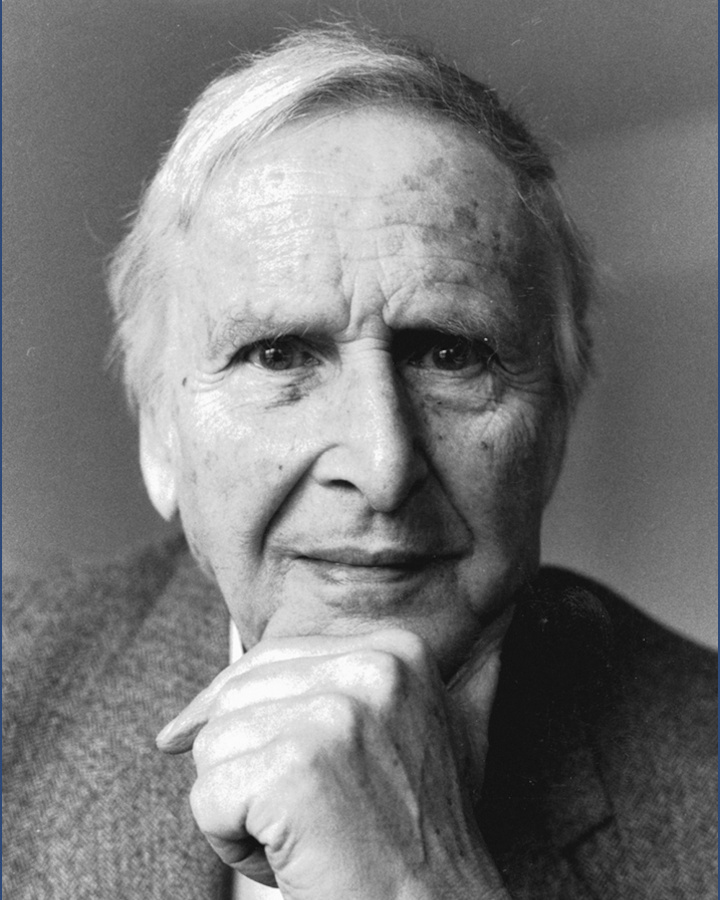
“Parapsychology […] has the […] task of researching the truth between the uncritical superstition of occultists and the equally uncritical superstition of anti-occultists.”
(Hans Bender, 1986)
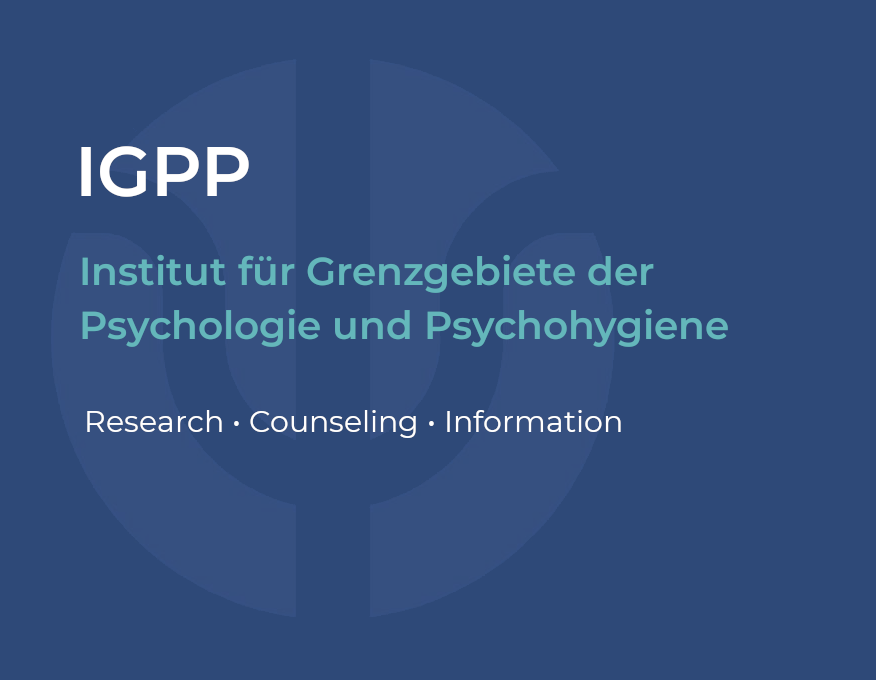

“Parapsychology […] has the […] task of researching the truth between the uncritical superstition of occultists and the equally uncritical superstition of anti-occultists.”
(Hans Bender, 1986)
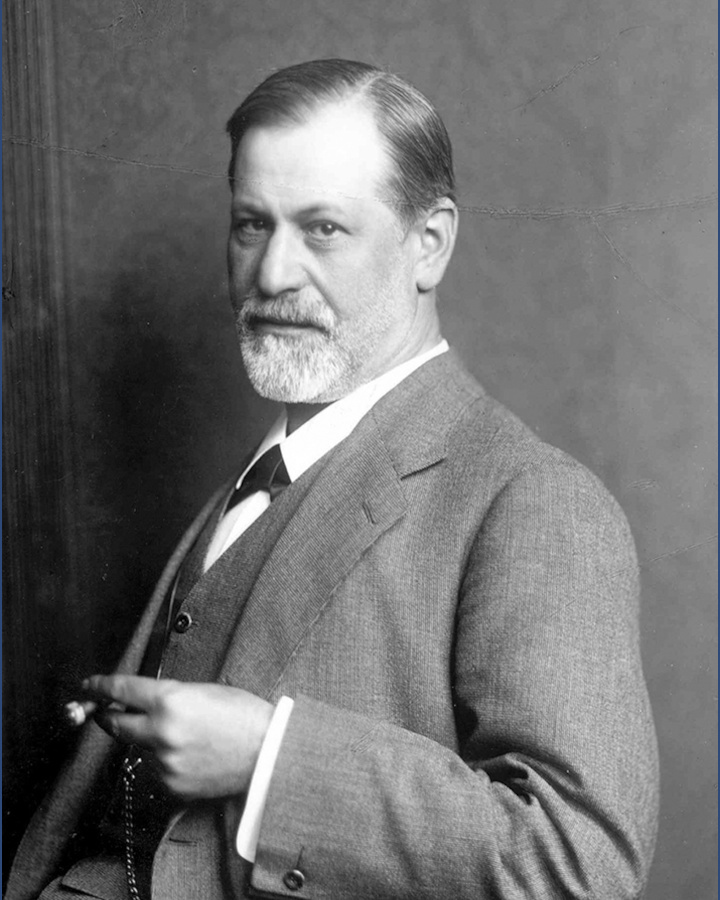
“If I had my life to live over again, I would rather devote myself to parapsychology than to psychoanalysis.”
(Sigmund Freud, 1921)

“A particular difficulty for the critical parapsychologist is that he always has to fight intellectually against two fronts: against the negative dogmatists and against the all-too-believers.”
(Hans Driesch, 1932)

“The causal principle states that the connection between causa and effectus is a necessary one. The principle of synchronicity states that the links of a meaningful coincidence are connected by simultaneity and by meaning.”
(Carl Gustav Jung, 1952)

“Standing critically between two parties means having no one as a friend.”
(Fanny Moser, 1935)

“My personal view is that in a future science, reality will be neither “psychic” nor “physical”, but somehow both and somehow neither.”
(Wolfgang Pauli, 1950)
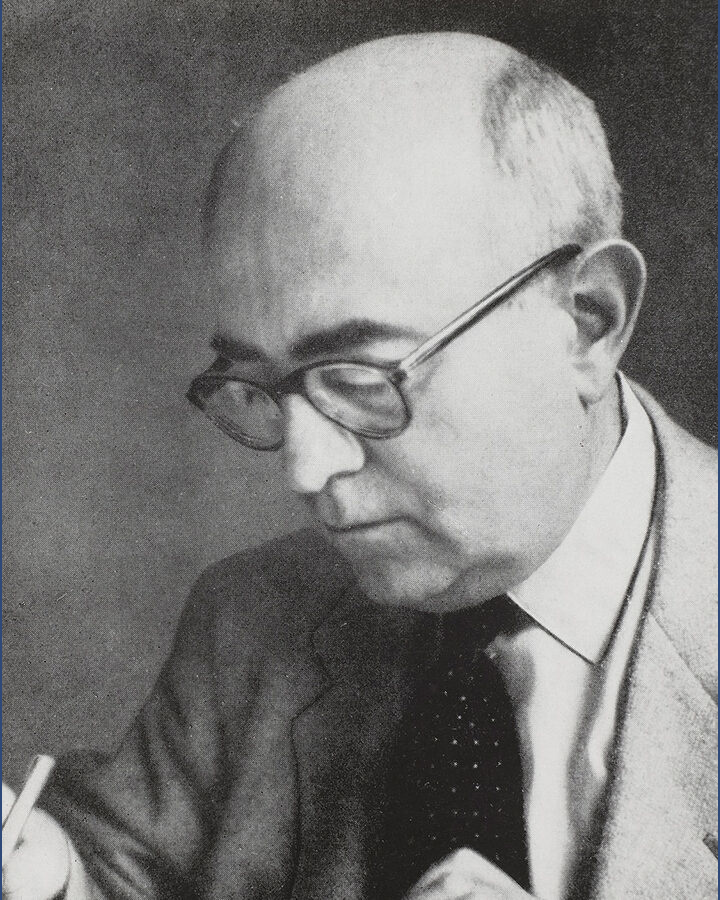
“The tendency to occultism is a symptom of the regression of consciousness. […] Occultism is the metaphysics of stupid people.”
(Theodor W. Adorno, 1951)

“Such phenomena are phenomena of nature’s night life, and anyone who wants to look for them in the sun or with a lantern will never find them.”
(Justinus Kerner, 1836)
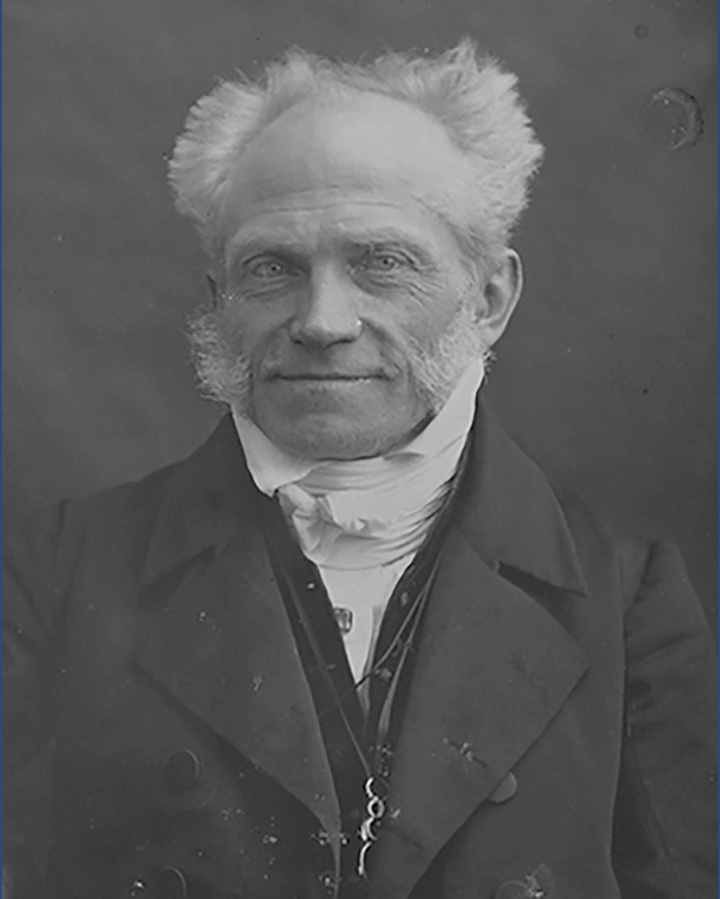
“Anyone who today doubts the facts of animal magnetism and its clairvoyance is not to be called unbelieving, but ignorant.”
(Arthur Schopenhauer, 1850)

“Occultism is only unknown natural science. It will be proven by the natural science of the future.”
(Carl du Prel, ca. 1895)
The Institute for Frontier Areas of Psychology and Mental Health (IGPP), founded in 1950 by Prof. Dr. Hans Bender, is engaged in systematic and interdisciplinary research into phenomena and anomalies at the frontiers of our knowledge that were previously insufficiently understood.